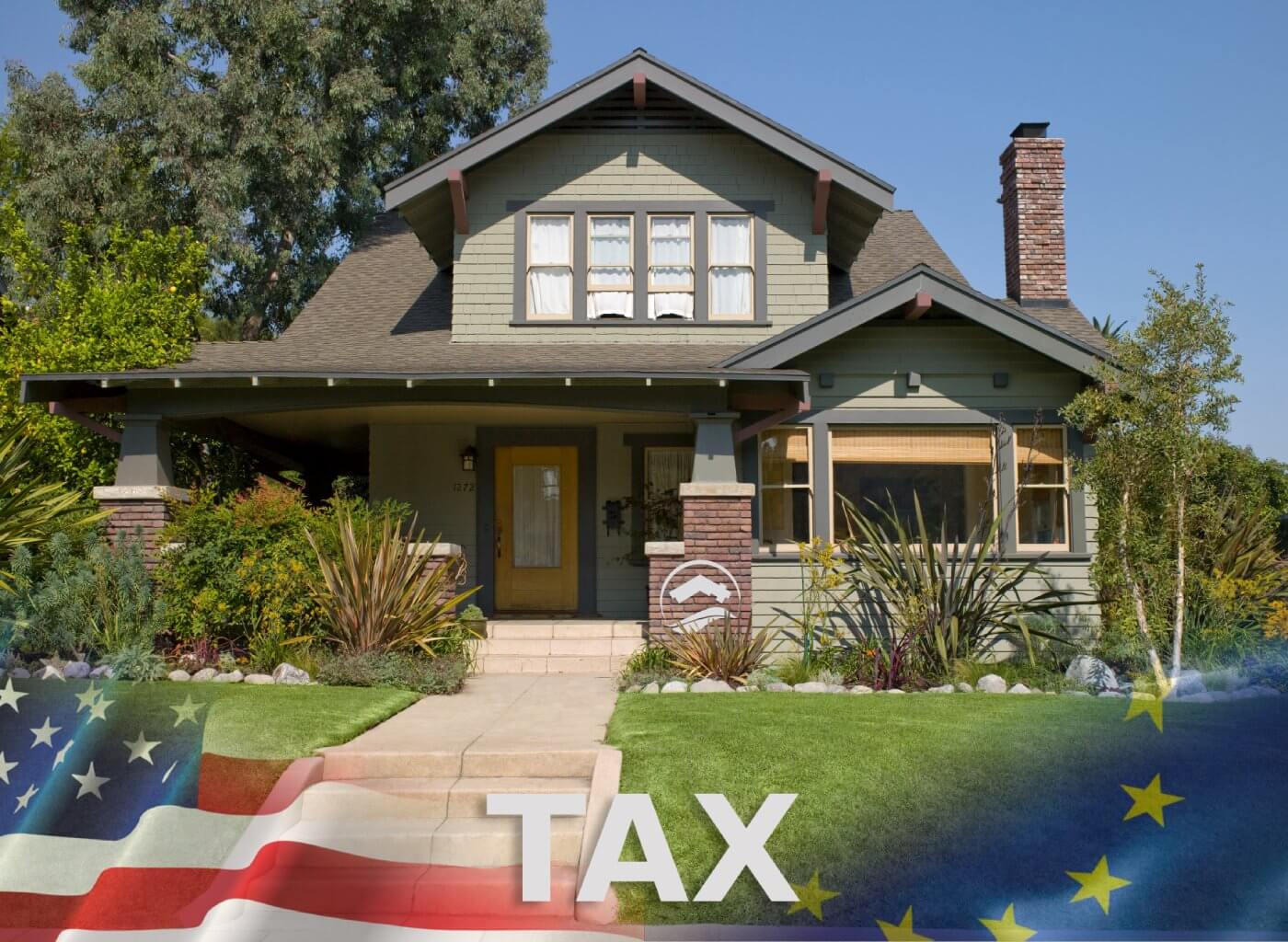Last Updated on February 3, 2025
The Internal Revenue Service (IRS) requires all foreigners to pay US rental income tax on any revenue from US sources. Unless reduced by an applicable tax treaty, rental income is subject to a flat 30% withholding tax. See details and how you can reduce your US property tax with our help.
9 Things Europeans with property in the US need to know about tax
It’s hard enough to come to terms with tax in your own country without having to understand the tax rules and regulations in the USA as well.
But if you own a rental property in the US, it is very important that you have a strong grasp of your tax obligations and entitlements.
Ultimately, this will help you to make the most of your investment.
The challenge is that nonresidents with US rental property often face a more complex tax situation.
What’s more, it’s crucial to stay on the taxman’s good side so that you can avoid fines and penalties.
In this guide, we are going to outline everything nonresidents need to know about tax if they own a property in the USA.

What are the tax implications of owning a property in the USA?
1. Tax implications based on how you use your US property
It’s important how you use your US home. Here are some common ways that foreigners make use of their homes in the US.
-
Vacation rental
If you’re planning to rent out your home for more than 14 days per year, the US federal government requires you to report rental income or loss annually. If you purchased the property under your name, you’ll need to file using Form 1040NR. If you bought it under a business entity, you’ll use Form 1120-F for reporting.
-
Living in the property
If you live in your home in the US for more than 121 days, the IRS deems you a resident for income tax purposes based on the Substantial Presence Test. As a result, you will be obligated to pay taxes on your income from around the world. This may not be an ideal scenario.
However, you can avoid being taxed twice if your home country has a Tax Treaty with the US.
To get more information about taxation, you can consult with our tax advisors.
-
Periodic personal use
If you’re buying a home in the United States for personal vacations, and you visit a few times a year (less than 121 days), you won’t have to file a rental tax return or report your worldwide income. However, you’ll still be responsible for paying property taxes, homeowners insurance, and other routine fees.
In short:
All homeowners in the United States, regardless of residency status, are required to pay annual property taxes. Additional fees are involved in the home-buying process, including both one-time and recurring charges like property taxes.
The tax implications on rental income depend on how you use your property. If you intend to spend more than one-third of the year in the US, you may face potential double taxation.
As a precaution, it is advisable to seek advice from a tax professional before proceeding with the purchase of a home in the US.
Read also:
Understanding Income Tax and Foreign Rental Property Depreciation: A Guide for American Investors
Overseas rental income tax – A guide for Americans with overseas property



